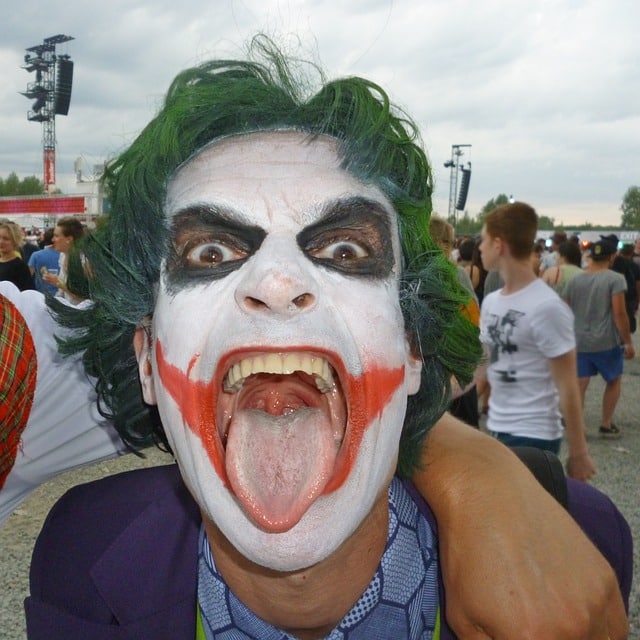
Someone histrionic is characterized by their expressiveness.
From the Latin histrionicus , histrionic is that which belongs to or relates to the histrion . The theatrical actor is known as a histrion, the person who entertains the audience with costumes or the subject who expresses himself with the exaggeration that characterizes actors.
For example: “Tomás is a histrionic boy who stands out at all the parties,” “Maybe he doesn't have that many followers because he isn't histrionic, but he is one of the most talented singers today,” “My obligation is to play soccer well.” and help the team, I don't have to be histrionic to entertain people."
Histrionic people and animals
The most common use of this adjective is in the world of entertainment. Histrionic actors are considered to be those who manage to entertain the audience with their words, their gestures and their body movements. Jack Nicholson and Jim Carrey are two Hollywood stars who are often highlighted for their histrionics.
Histrionics also appear outside of cinema and TV. There are people who are histrionic by nature, since they are not shy , they are witty and end up standing out at social events. In general, histrionics is a characteristic that contributes to social and professional success, as long as the person knows how to handle themselves responsibly since, if they exaggerate, they can be considered unserious.
Sometimes, the term histrionic is used to characterize an animal for its ability to be understood or attract attention: “Bobby is a very histrionic dog who is always doing pirouettes,” “He is not a histrionic cat: he only sleeps and eats.” ” .

Histrionic personality disorder is characterized by the need to attract attention and excessive emotionality.
A personality disorder
Within group B of personality disorders, which includes erratic, emotional and dramatic disorders, we find histrionic personality disorder , which characterizes those who suffer from them by presenting excessive emotionality, as well as by their constant need to call the attention of your environment.
In general, individuals who suffer from this disorder are very exaggerated when expressing their emotions and are usually egocentric and vain; They seek to be the center of attention and get uncomfortable when they don't get it. The normal thing is that they try to show themselves in a seductive way, both physically and through their behavior, and they need constant approval for their actions; If they don't get what they want, they can be expected to get angry.
Behavior of the individual with histrionic disorder
The character of people with histrionic disorder is generally impulsive and extremist, always tending to see things black or white ; Furthermore, they do not tolerate frustration very well and are very exaggerated when communicating. Their emotional expression is usually superficial, and can change from one moment to the next, and they rely on dramatization to give a more intense character to their words. Curiously, to date more cases have been recorded in women than in men, which may suggest that there is a great influence from the demands of society in the formation of this disorder .
Although not many studies have been carried out in this regard, it is believed that this disorder has a certain relationship with antisocial personality disorder, since they share several of its characteristics. Put in numbers, research revealed that two-thirds of individuals diagnosed with histrionic disorder also met criteria for antisocial disorder; This leads certain specialists to think that the origin of both is the same, and that depending on the gender of the person it results in one or the other.
Although it is at first glance a closed and sexist thought, the main characteristic of the disorder is the exaggeration of sex stereotypes , and it is thought that men tend to channel it through (antisocial) violence and women, through dependency (histrionic).
